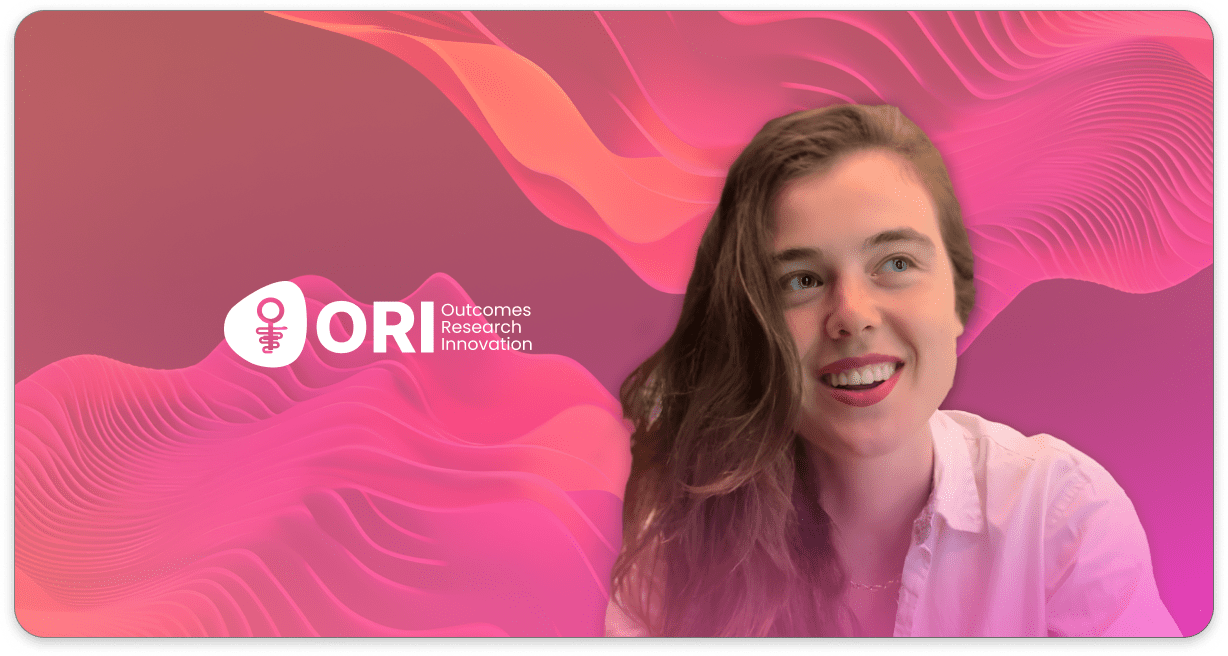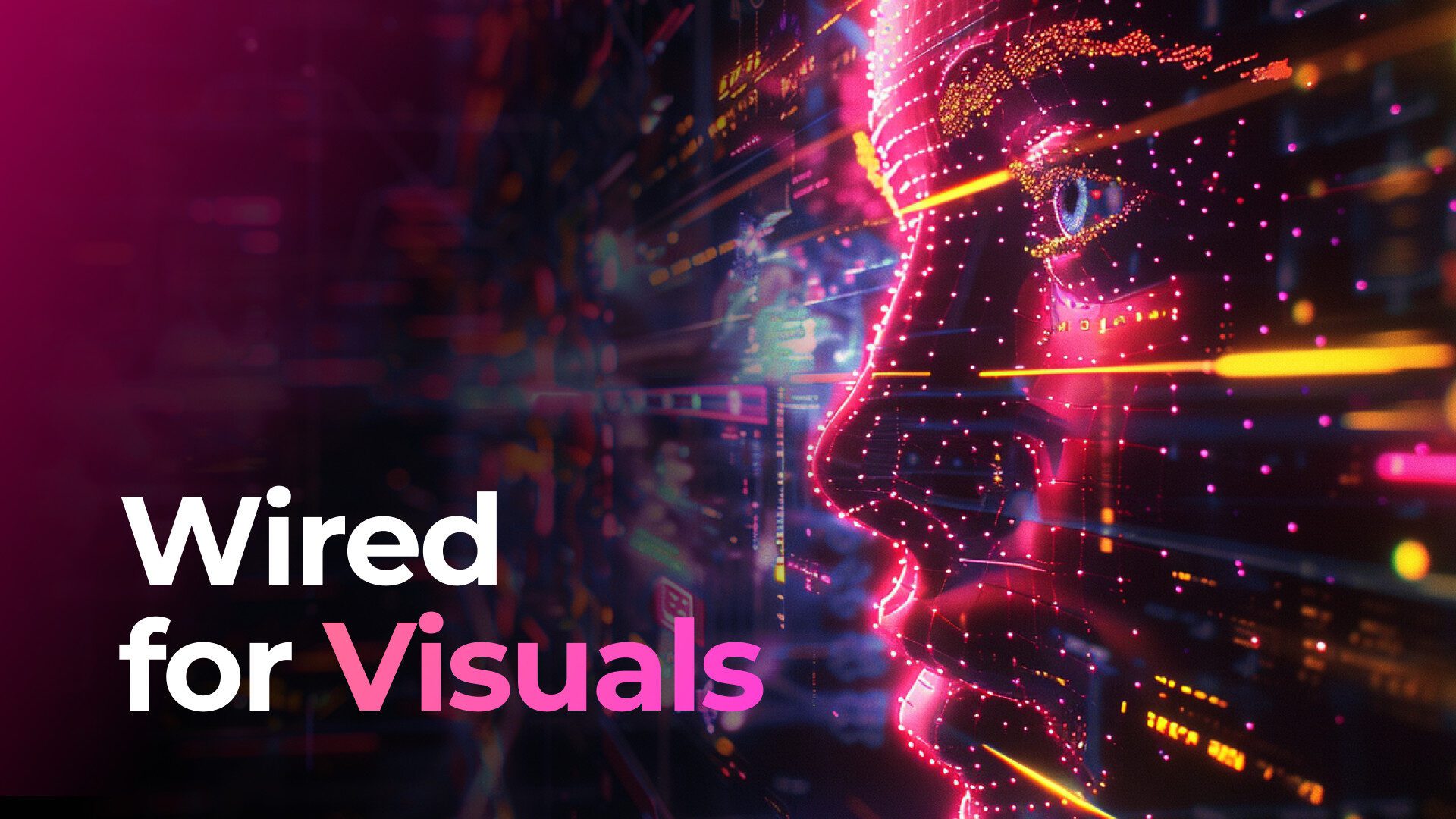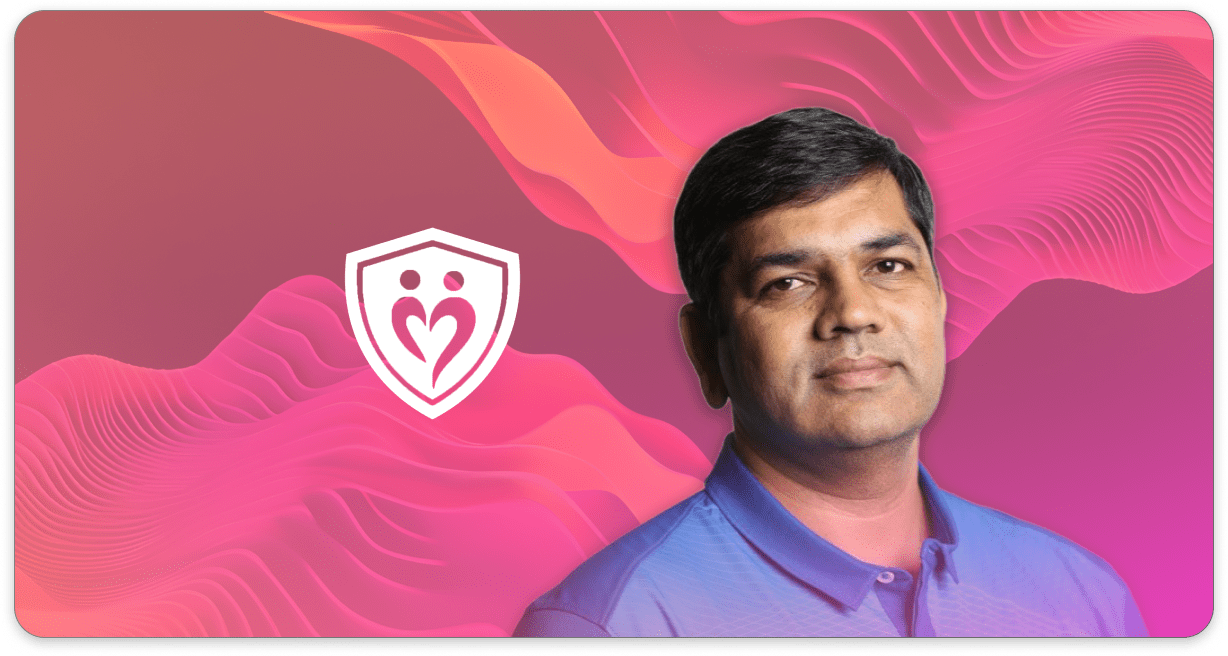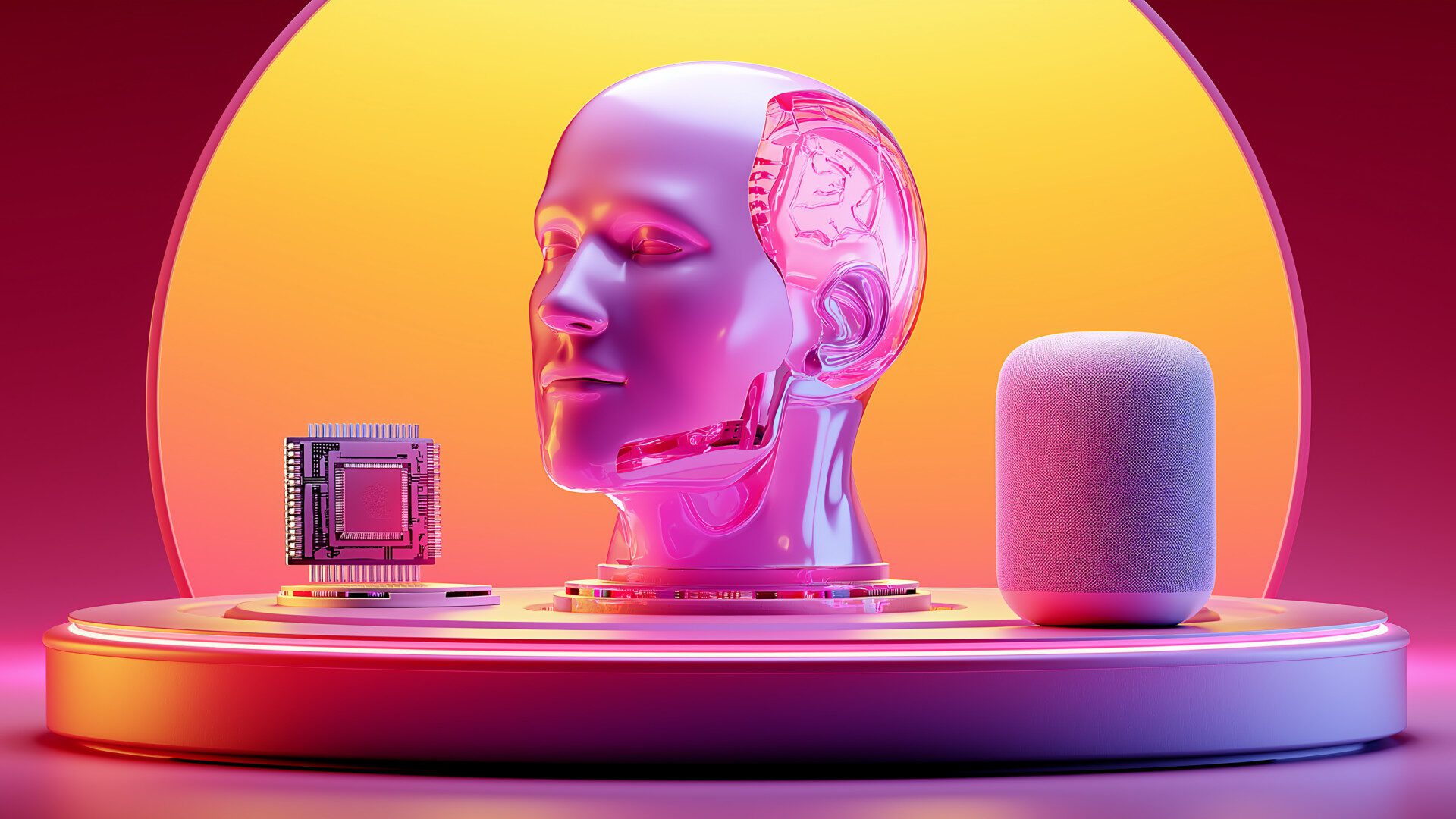
Company Overview
Oriana Kraft is Founder at ORI, a personalized health navigation tool — think of it as a front- and backdoor to the healthcare system, designed specifically for women. It guides users through clinical pathways based on symptoms, values, and life context, then surfaces the right interventions, solutions, or questions to bring to a provider. Learn more at https://www.ori.care/.
She also is the Founder of Empire of Memories (orianakraft.com/empire) an immersive, AI-enhanced novel that remembers you.
Can you tell us a little about your background before starting your company?
Alongside storytelling, my core work remains ORI, a personalized health navigator for women, born from my medical and systems-engineering background. I studied medicine at ETH Zurich, where I realized that even our most advanced systems fail to serve half the population. I’ve always straddled science and storytelling, and I’m driven by the idea that women’s health is not just a medical issue — it’s a design, data, and decision-making problem.
How did you start your company? What were the first steps you took to get it off the ground and how did you identify the need for your product/service in the market?
I started ORI to close the care gap that women face every day. The idea emerged after years of mapping the fragmented innovation landscape in women’s health — and realizing that most tools either talk down to women, or expect them to be health experts just to get decent care. ORI was built to do the heavy lifting for them — offering clarity without overwhelm.
What innovations or unique features set your company apart from others in the industry?
Clinically grounded yet personally adaptive: ORI brings together evidence-based clinical guidelines and AI-driven personalization to guide women from pre-diagnosis through diagnosis and beyond. It functions like a “doctor well-versed in women’s health” but available on demand. Insight for employers: By aggregating anonymized workforce health data, ORI helps employers quantify hidden costs—such as absenteeism from endometriosis or menopause—and guide benefit design accordingly.
What has been the most effective strategy for scaling your business?
Strategic partnerships first: Rather than launching straight to consumers, ORI built credibility through alliances with academic institutions (e.g., ETH Zurich, Wyss Institute for Biologically Inspired Engineering at Harvard, Roche, WEF etc.), employers, policy makers, and summits—forming a trusted ecosystem before scaling. Data-driven employer engagement: ORI leverages real-world use (e.g. tool adoption, health trends) to help employers optimize benefits—framing women’s health not as a niche add-on, but a strategic advantage, reducing costs and improving retention. Personalization is essential—whether in health or storytelling. Both ORI and Empire of Memories center on systems that must adapt to individual users, not the other way around. Both ventures stem from a unifying belief: people deserve systems that adapt to them, not the other way around. Empire of Memories experiments in personalized narrative. ORI is building personalized healthcare navigation. Both are about agency, memory, identity — told through different mediums.
Looking ahead, what are your goals for the future of your company?
I believe the future belongs to tools that don’t just inform, but adapt. Whether it’s navigating healthcare or immersing yourself in a story, people want systems that know them — and help them make sense of their world. For ORI, the goal is to become the daily health layer women trust – one that sits between their symptoms and the system, translating personal context into clear, actionable care. We’re continuing to build:
- Integration with employers, health systems, and benefit platforms
- A structured knowledge base that aligns clinical logic with lived experience
- A feedback loop that powers equitable research and smarter policy
For Empire of Memories, the goal is to push narrative even further:
- Deeper personalization
- Community-built storylines
- An author-reader feedback model that evolves with each interaction
Both ventures are part of the same vision: a future where systems are personal, intelligent, and human-centered.
If you’re an employer, platform, or creator exploring this intersection — of care, identity, and personalization — I’d love to connect. The more collaborators we bring into this vision, the more real it becomes.





